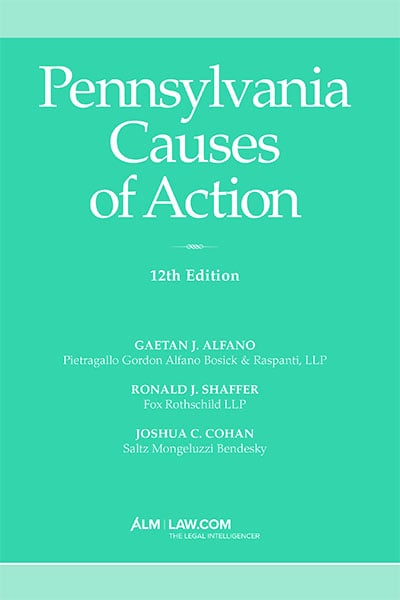0 results for '*'

Judge Seems Skeptical of Grads' Suit Against Brooklyn Law Over Job Stats
Most of the hearing on the school's motion to dismiss centered on its claim that 91.3 percent of the class of 2009 was employed nine months after graduation. The plaintiffs allege that this figure was deceptive because it included students in any type of job, not just those in legal jobs, plus graduates in temporary or volunteer positions.


Sentencing Rules Found Not Retroactive to Initial Habeas Appeal

'Crawford': Bright-Line Rule on Confrontation in Sex Assault Trials
Paul DerOhannesian II, a partner at DerOhannesian & DerOhannesian, writes that trial practitioners must beware of the pitfalls in objecting to hearsay statements. A general hearsay objection, an evidentiary objection, does not preserve for appellate review an objection based on the Confrontation Clause.View more book results for the query "*"


Ruling Near on Securities Fraud Pleading Standards
Gregg L. Weiner, a partner at Fried, Frank, Harris, Shriver & Jacobson, writes that the Supreme Court has recently agreed to hear a securities fraud pleading case that will address the standard for measuring whether the facts alleged in the complaint are sufficient to create a "strong inference" that the defendant acted with fraudulent intent. It is difficult to predict how the Supreme Court will resolve the question, and what impact the Court's two new members will have.
Court Allows Testifying Doctors to Rely on Third-Party Records
Jeffrey S. Siegel, a partner at Bruno, Gerbino & Soriano, and Mitchell S. Lustig, an associate at the firm, write that in a recent decision that is an obvious boon to the New York no-fault insurer, the Appellate Term, Second Department, expressly allowed a peer review doctor to testify based upon review of medical records prepared by third-party providers that were not in evidence, despite the hearsay objections of the plaintiff's counsel.


New Rules for Harassment Claims in New York City
Jonathan L. Sulds, a shareholder at Greenberg Traurig, reviews two recent decisions that alter the landscape for New York City workplace harassment law: in one, an Appellate Division panel held that the long-standing federal standard for determining whether there exists actionable harassment because of a hostile work environment, namely that incidents are "severe and pervasive," does not apply to claims brought under the City Human Rights Law, in the second, a federal district court ruled that New York City employers accused of sexual harassment are not entitled to an affirmative defense under which there is no employer liability where the the plaintiff unreasonably fails to utilize an existing internal complaint investigation and resolution process.Trending Stories
- 1'It's Not Going to Be Pretty': PayPal, Capital One Face Novel Class Actions Over 'Poaching' Commissions Owed Influencers
- 211th Circuit Rejects Trump's Emergency Request as DOJ Prepares to Release Special Counsel's Final Report
- 3Supreme Court Takes Up Challenge to ACA Task Force
- 4'Tragedy of Unspeakable Proportions:' Could Edison, DWP, Face Lawsuits Over LA Wildfires?
- 5Meta Pulls Plug on DEI Programs
Featured Firms
Law Offices of Gary Martin Hays & Associates, P.C.
(470) 294-1674
Law Offices of Mark E. Salomone
(857) 444-6468
Smith & Hassler
(713) 739-1250
More from ALM
- Scan In Progress: Litigators Leverage AI to Screen Prospective Jurors 1 minute read
- Legal Speak at General Counsel Conference East 2024: Match Group's Katie Dugan & Herrick's Carol Goodman 1 minute read
- Legal Speak at General Counsel Conference East 2024: Eric Wall, Executive VP, Syllo 1 minute read





